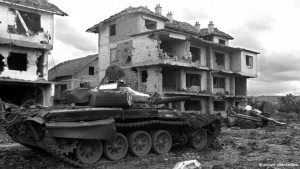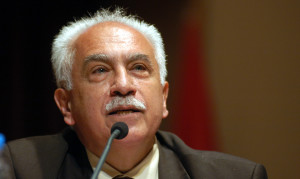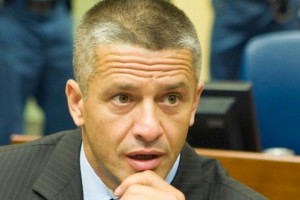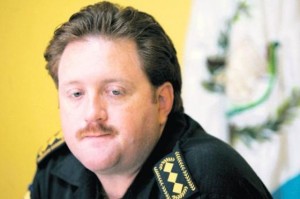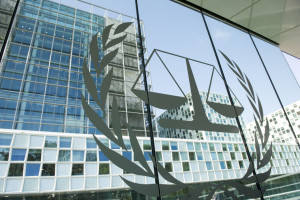 Date: Tuesday, 24 May, 17:00 – 18:30
Date: Tuesday, 24 May, 17:00 – 18:30
Venue: The Hague Institute for Global Justice, Sophialaan 10, 2514 JR The Hague
In partnership with the Embassy of Switzerland to the Netherlands, The Hague Institute for Global Justice will host a debriefing on the International Criminal Court Retreat on Performance Indicators which took place in Glion, Switzerland, at the beginning of April. The aim of this debriefing is to share the objectives and outcomes of the retreat with a broader public and to generate a valuable discussion on the topic of performance indicators.
In 2014, the Assembly of States Parties to the Rome Statute requested the ICC to “intensify its efforts to develop qualitative and quantitative indicators that would allow the Court to demonstrate better its achievements and needs, as well as allowing States Parties to assess the Court’s performance in a more strategic manner”.
It reaffirmed its interest in the following year. To assist the Court in this complex exercise, the Federal Department of Foreign Affairs of Switzerland, in cooperation with the ICC and the Open Society Justice Initiative, hosted an informal retreat in Glion, Switzerland, on 6-8 April 2016.
The discussion was based on the 2015 Report of the Court on the development of performance indicators.
Speakers:
- Ms. Silvia Fernández de Gurmendi - Judge, President of the International Criminal Court
- Mr. Jürg Lindenmann - Ambassador, Deputy Director of the Swiss Directorate of International Law
- Mr. James Goldston - Executive Director of the Open Society Justice Initiative
- Moderator: Mr. Lyal Sunga - Head of the Rule of Law Program, The Hague Institute for Global Justice
If you wish to register, click here.

